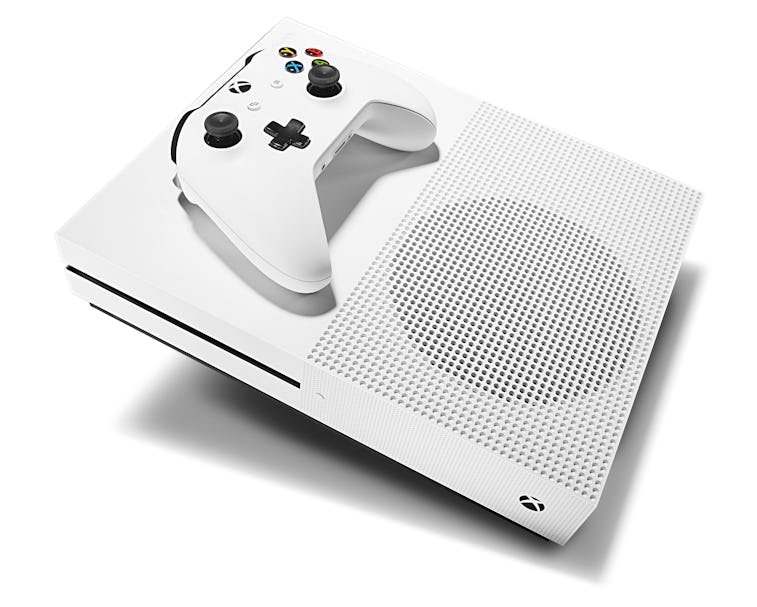Xbox
Microsoft confirms it will no longer produce Xbox One consoles
Instead the focus will continue to be on next-gen.

It’s not the best time to be in the market for a next-gen console, what with demand continuing to outweigh the production capabilities of both Sony and Microsoft. This issue is more exacerbated for the former, as Sony will reportedly continue making new PS4s due to the global chip shortage that has made it difficult to keep up with PS5 demand. Microsoft, on the other hand, has now cut off the lifeline to its previous generation and will discontinue manufacturing Xbox One consoles.
As reported by The Verge, Microsoft had began this process towards the end of 2020 as the company planned for the release of the Xbox Series X|S. This started with the discontinuation of the Xbox One X and the digital Xbox One S, before the Xbox One S ultimately met the same fate. Cindy Walker, a senior director of Xbox console product marketing, confirmed the move, stating that the company’s focus would be “on the production of Xbox Series X|S.”
It’s worth pointing out, though, that despite the aforementioned supply chain issues, Microsoft is enjoying a high degree of success with its next-gen consoles.
The Xbox Series X and S have sold more units than any previous version of the console at this current point in its lifecycle. “Supply is actually as big as it’s ever been. It’s that demand is exceeding the supply for all of us,” Xbox head, Phil Spencer said in a New York Times interview. “At this point, we’ve sold more of this generation of Xboxes, which is Xbox Series X and S, than we had any previous version of Xboxes.”
We predicted this — While it remains difficult to acquire either the PS5 or an Xbox Series X, the latter’s little brother is still getable. Those interested in the Xbox Series S have had no problems securing one (so far) — as it stands the Series S is available through Gamestop and Amazon. This level of availability is something Spencer predicted, who told The Verge around the time of the console’s release that the Series S would outpace its more powerful counterpart due to a lower price tag.
Sitting at a cool $299, the Series S is almost half the cost of a standalone Series X ($499.99) and offers a close facsimile of the more powerful device. Don’t take it from me though, Input’s Matt Wille has had no regrets with his recent Series S purchase.